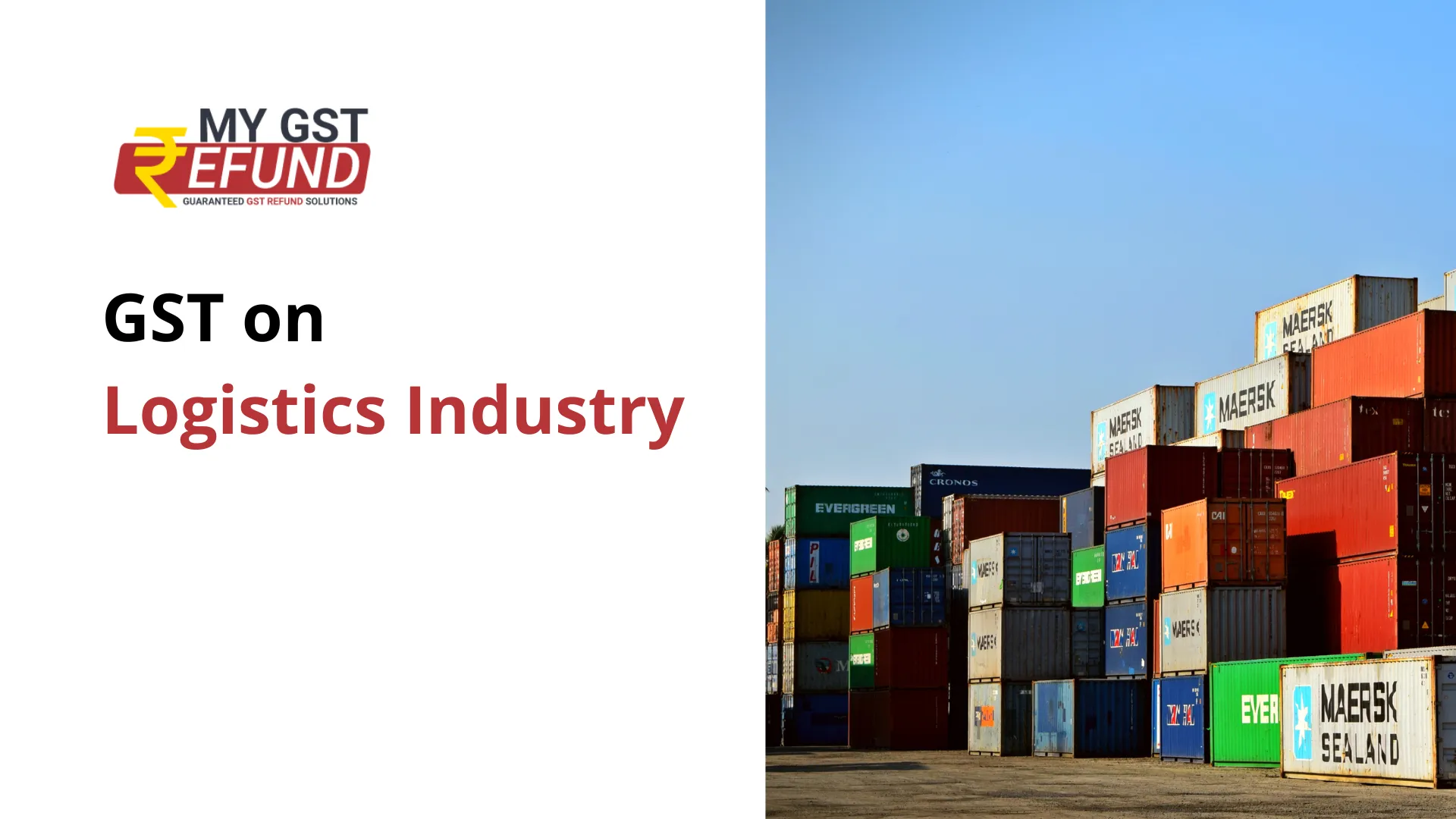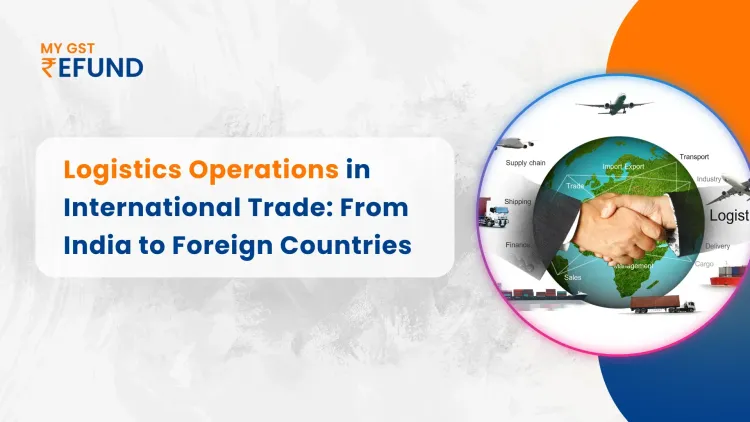The logistics industry is a major support to the Indian economy contributing 4.7% to the GDP. The value of this industry is $130 billion and sadly one of the most unorganised sectors in the country. It comprises commercialised movement of goods from one state to another or within one state to fulfill the needs of the people. Every nook and corner of India depends on this industry for all needs right from basic food supply to big manufacturing machinery. This article will discuss how GST is changing this big unorganised sector in India.
Positive Impact of GST on the Logistics Industry
1. Minimization of transportation time
The most positive impact of GST on the logistics sector is the significant reduction of transportation time.
If we go through the pre-GST period, by and large, a truck used to spend around 20% of its run time at inter-state check posts. Post-GST compliance time at the inter-state check post is reduced. Resultantly, such reduced compliance at the inter-state check posts enables minimising transportation time.
If we look into the broader perspective of the same, minimization of transportation time will lead to low delivery costs ultimately which may result in a reduction of the final price of the goods.
2. Trouble-free supply of goods
Sub-summing various taxes like VAT, Octroi, CST, etc. into one single tax i.e. Goods and Services Tax (GST) has ensured a smooth supply of goods. Further, the implementation of e-way bills under GST has also enabled a trouble-free supply of goods.
3. Reduction in paperwork
Due to a unified tax structure and complete digitization, there is a noteworthy reduction in paperwork. In the pre-GST tax regime, a lot of documents were required to be accompanied by the transport vehicle. However, post-GST, the said purpose can be solved by majorly one single document i.e. e-way bill.
4. Improvement in the warehouse system
The earlier tax regime, due to the specific tax structure, it created the requirement of setting up a separate warehouse in each operational state. However, with the implementation of GST, the said requirement is eliminated.
Post GST, there is no requirement to have warehouses in each state, the reason being there is no separate tax regime for different states. Accordingly, it enables easy and effective inventory management.
5. Decrease in corruption
With the unified taxation; decrease in inter-state check post compliances and reduction in a number of documents to be carried, the same has positively affected the corruption revolving around the logistics sector.
Accordingly, it can easily be summed up that the implementation of GST has resulted in a decrease in corruption in the logistics sector.
Negative Impact of GST on the Logistics Industry
1. Increase in compliance costs
With the introduction of GST, logistics companies are now required to maintain accurate records and comply with strict documentation requirements. This has resulted in an increase in compliance costs, which can be particularly challenging for small and medium-sized logistics companies.
2. Delayed refunds
Under the GST system, businesses are required to file monthly returns, and refunds can take a long time to process. This can create cash flow problems for logistics companies, as they may have to wait several months to receive their refunds.
Are you worried about the complicated GST refund process? Let My GST Refund take the hassle out of it for you! Experience seamless and stress-free GST refund solutions with our expert team.
Don't wait – Book Your Free Consultation with an Expert
3. Impact on small and medium-sized enterprises (SMEs)
The introduction of GST has had a particularly significant impact on SMEs in the logistics industry. Many small businesses have struggled to adapt to the new tax system, resulting in a decrease in business and closures.
Challenges in the Logistics Industry in India
The Indian logistics sector is neatly divided into two key segments: freight and passenger transportation, and warehousing and cold storage. A blend of the inbound and outbound services sourced by manufacturing and supply chains, it is a vast playing field that has to date, mostly failed to deliver as per its potential, primarily due to infrastructural mismanagement.
Unevenly distributed infrastructure leads to under-utilization of key resources while unnecessarily burdening the other components. The graph below, based on statistics reported by the India Brand Equity Foundation (IBEF), is indicative of the road and rail transport bearing the weight of the industry’s burden, while air and waterways remain grossly underutilized.
Conclusion
In conclusion, GST has brought both positives and negatives to India's logistics industry. It has reduced transportation time, simplified the supply chain, and cut paperwork, leading to efficiency gains. However, it increased compliance costs, delayed refunds, and posed challenges for SMEs. Addressing infrastructural gaps remains crucial for the sector to fully capitalize on GST reforms and enhance its overall contribution to the economy.
Also read- GST Composition Scheme
Related Posts








